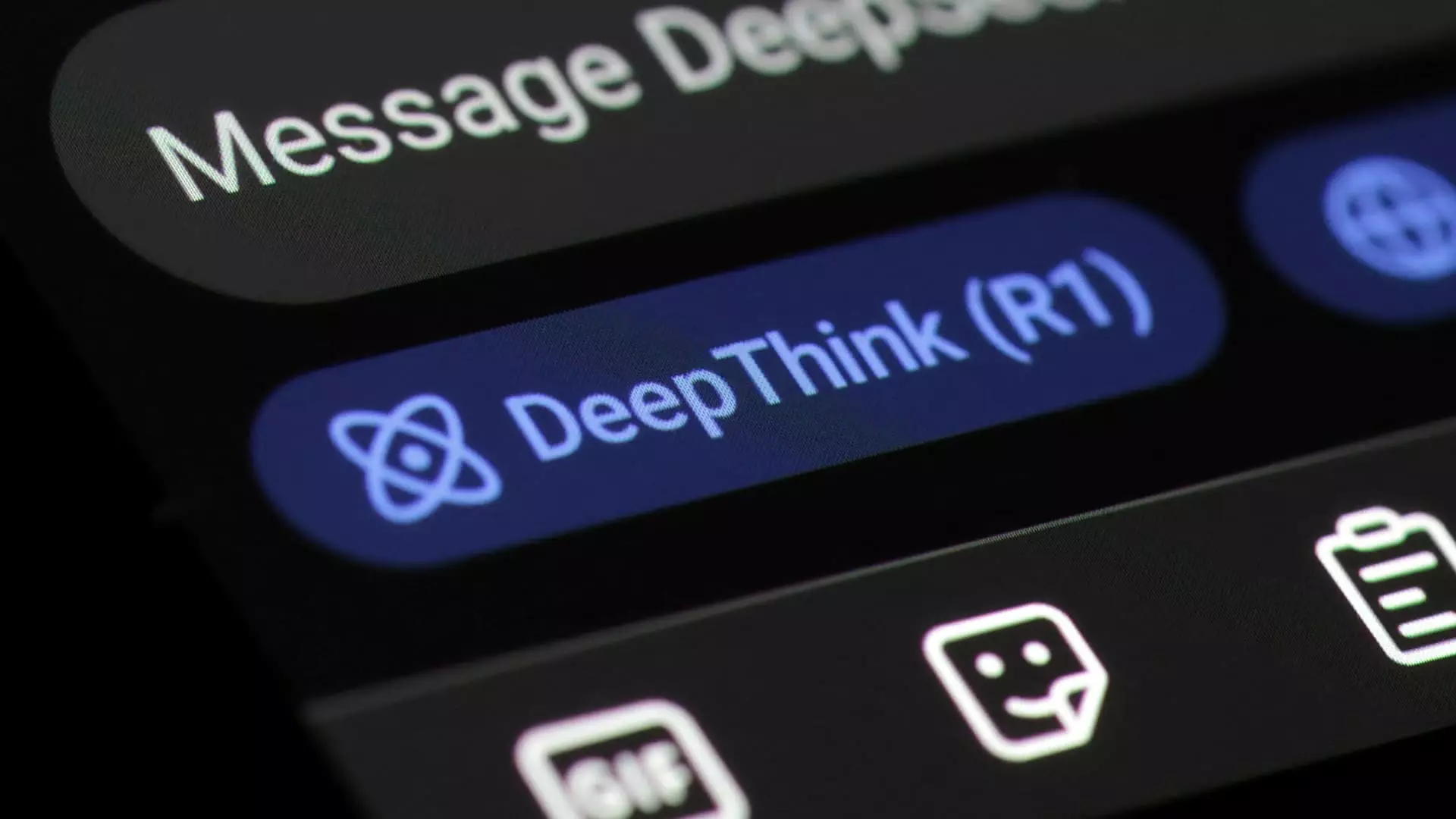The intricate relationship between trade regulations and technological innovation has come to the forefront following the recent developments involving Singapore’s Ministry of Trade and Industry (MTI) and China’s rising AI contender, DeepSeek. As concerns grow about compliance with U.S. export controls, this case highlights the delicate balance between advancing technology and maintaining regulatory oversight. The situation is emblematic of the broader scrutiny that companies face as they navigate the complexities of international trade laws.
DeepSeek has stirred significant interest in the tech community with its bold assertion that its language model rivals industry giants like OpenAI, yet comes at a fraction of the cost to develop. This announcement sent ripples through the market, with stakeholders eager to assess the implications of such advancements in artificial intelligence capabilities. However, the enthusiasm was met with skepticism as questions emerged regarding the origins of the semiconductor technology fueling DeepSeek’s innovations, particularly in light of stringent U.S. export controls that target advanced AI hardware transactions to China.
As the inquiry into DeepSeek’s chip sourcing intensified, Nvidia quickly became a focal point. Reports surfaced indicating that U.S. officials were scrutinizing potential transactions involving Nvidia semiconductor chips, possibly funneled through third parties in Singapore to avoid direct export restrictions. In response to concerns, Nvidia asserted that all chips supplied to DeepSeek are compliant with export regulations, seeking to reassure both stakeholders and regulatory bodies about its adherence to legal frameworks. This statement underscores the challenges semiconductor manufacturers face when balancing global operational practices with regulatory compliance.
The MTI firmly positioned Singapore as a responsible international business hub, emphasizing its commitment to uphold the rule of law. The ministry reiterated its expectation for U.S. companies, including Nvidia, to conform to both American export controls and local legislation. By reassuring the public of its stringent enforcement mechanisms, Singapore aims to maintain its reputation as a compliant and reliable market for international trade, particularly in high-stakes sectors like technology.
Moreover, Nvidia’s financial disclosures reveal an interesting facet of its operations. While Singapore reportedly contributes significantly to Nvidia’s revenue, a substantial portion of that is attributed to shipments intended for other countries. This highlights the intricate web of global supply chains and the importance of transparency in transactions. As businesses continue to leverage Singapore’s infrastructural and operational advantages, the MTI’s vigilance in regulation will shape the future landscape of AI development in the region.
The ongoing developments surrounding DeepSeek and Nvidia encapsulate a crucial moment in the AI revolution, where innovation meets compliance. As both companies and regulatory bodies grapple with the nuances of global trade, the outcome of such cases can have lasting implications for the technology ecosystem. The interplay between regulatory oversight and technological advancement will continue to define the trajectory of AI development amidst a backdrop of escalating geopolitical tensions. The need for clear guidelines and operational integrity has never been more pertinent as the industry forges ahead into an uncertain yet exciting future.

